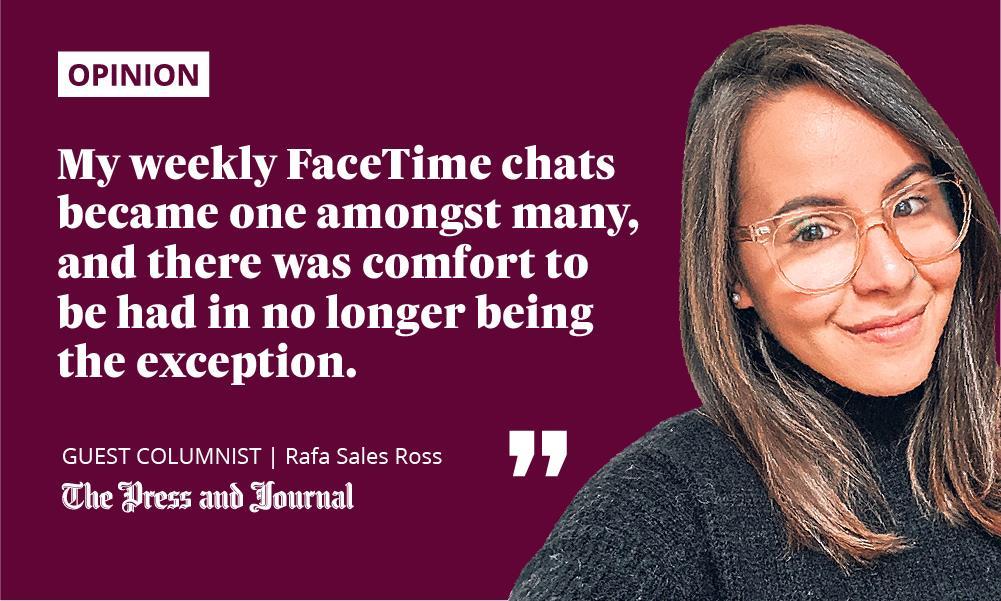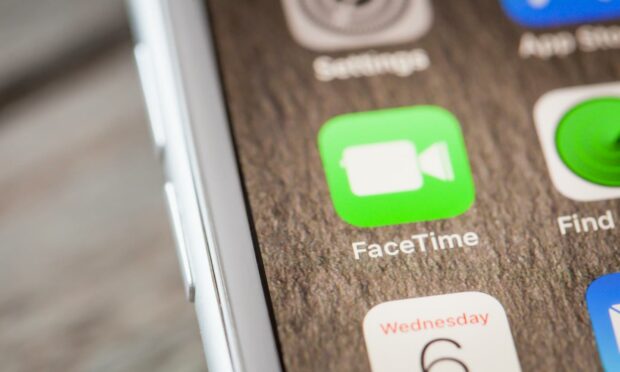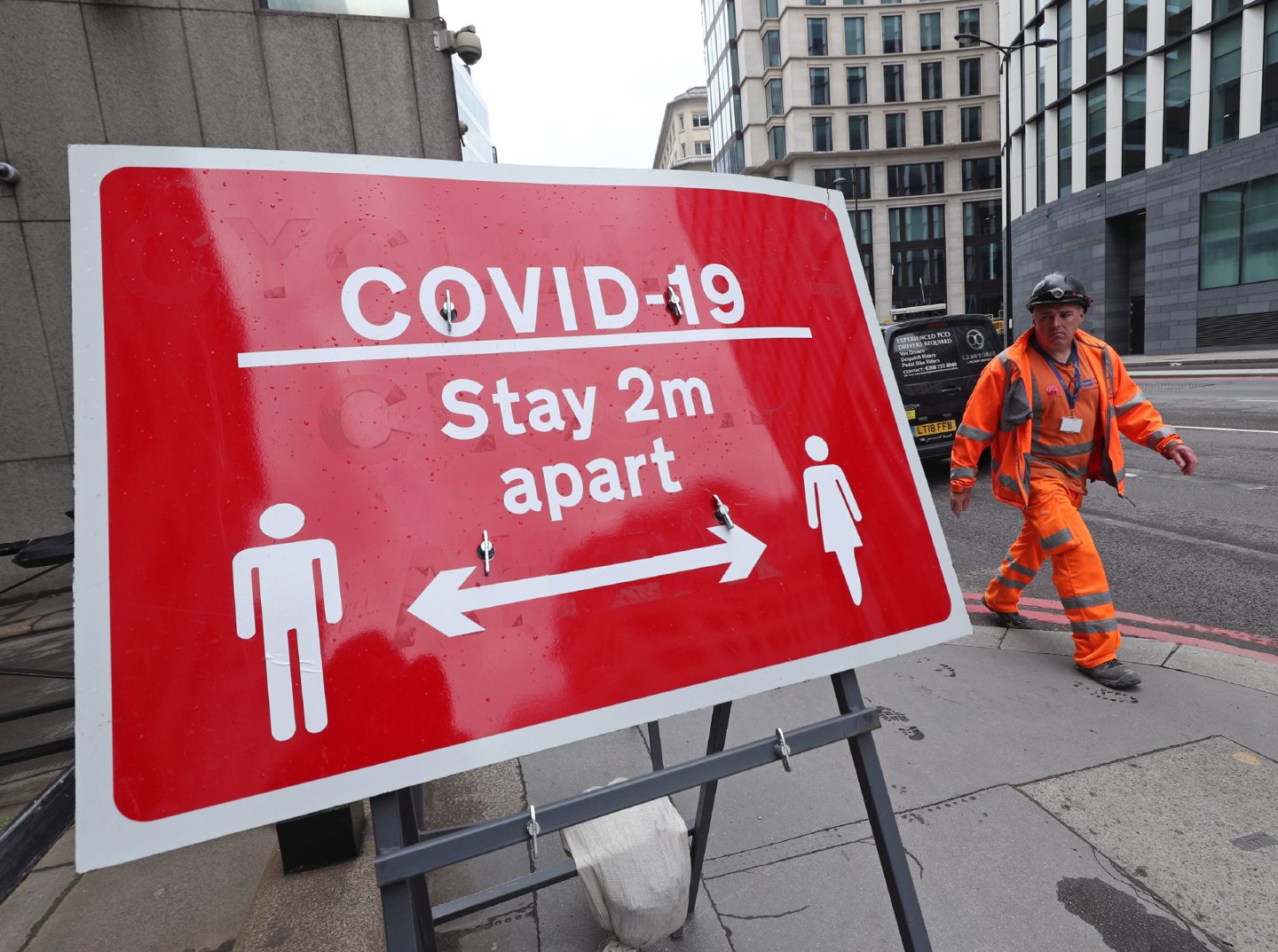My dad’s laugh is one of those that echoes off the walls like glorious thunder.
As a child, it was a sign that it was OK to wander into the kitchen; as a teenager, my alarm clock; and, as an adult, it meant I was home. At times, it comes out all at once in a brief but joyful burst and, at others, it starts shy, growing into full throttle as it settles into the rhythm of whichever joke he stumbled upon.
Since moving to Aberdeen from my home country of Brazil, however, my dad’s laughter falls into my ears through the phone, be it on a rushed WhatsApp call or a pre-planned FaceTime chat. No longer do I get to quietly observe the faces of people in the room as they react to dad’s mid-laughter hiccups, nor can I quickly glance at one of my siblings in search of our customary giddy camaraderie.

I knew from the get-go that moving to a different country would mean putting an ocean between me and my family, but nothing could have prepared me for the aching pain that comes with the distance. Of course, technology helps, but there is little that screens can do when the body pines for the warmth of a familiar embrace.
To make matters worse, the longing makes all interactions around you feel more tangible. Everywhere you look, people seem to bask in the company of one another, exacerbating the loneliness of those precious yet somewhat incomplete FaceTime calls. A mother hugs a daughter, a brother hugs a sister, and – suddenly and overwhelmingly – the realisation of the hundreds of miles between you and your loved ones hits you like a brick.
Suddenly everyone understood my experiences
The first time I ever heard the term “Covid-19” was during my last trip home, in January of 2020. I was at my godfather’s house and he and my dad started talking about the news.
Wuhan was mentioned a few times, but I paid little attention, thinking it was yet another small virus that would be contained within a few days. On my way to the airport the week after, the taxi driver asked if I had any hand sanitiser with me. How odd, I thought.
From the moment my plane landed back in Scotland, the weekly FaceTime calls were back on again – wonky bandages on top of the gaping wound that is to miss someone you love. The difference was that, now, more people around me started to experience the same pain of not knowing when they and their loved ones would be able to be together in a room once again; the pandemic slowly but steadily creeping into everyone’s lives.
During lockdown, more people started looking for ways to keep in touch with their families from the comfort of their homes. Work-wise, companies had to adapt to no longer having employees all together in a room and, before we realised, Zoom calls and Microsoft Teams meetings had become an intrinsic part of our day-to-day, the constant chiming noises of notifications filling in the silence.
Comfort in no longer being different
Curiously, this extraordinary predicament normalised the calls to my family that had once felt so cold and distant. As more people relied on screens for connection, my weekly FaceTime chats became one amongst many, and there was comfort to be had in no longer being the exception.
Screens have also made activities and events more accessible. Film festivals I used to spend hundreds of pounds to attend began to take place in the cosiness of my living room, and learning opportunities that had once been centralised in large capital cities were made available to people from all corners of this world.
Alas, I am still in a restless sort of limbo: bitter from not quite feeling safe enough to go back home while immensely thankful for the health of my family. For now, I am grateful for the screens that have kept us together and for the certainty that, once I manage to find my way home once again, my loved ones will be waiting, arms open wide.
Rafa Sales Ross is a writer from Aberdeen


